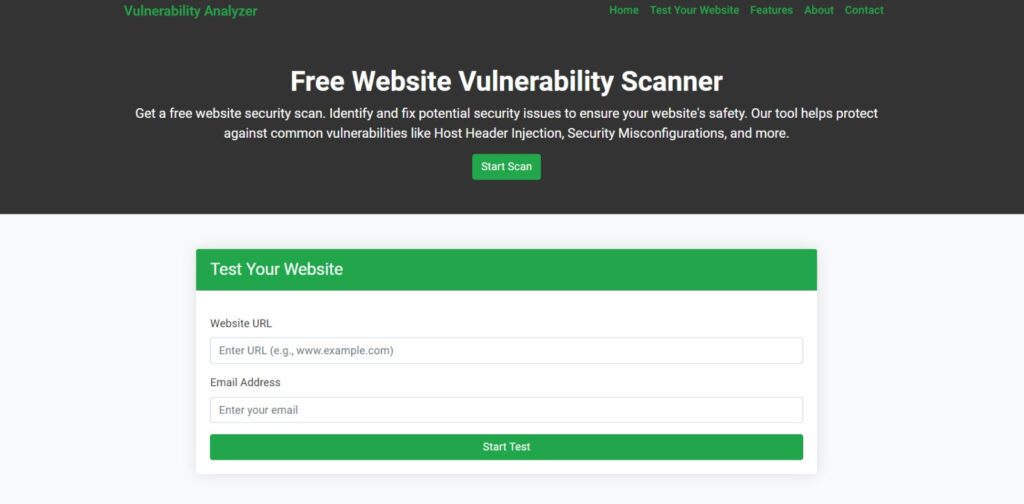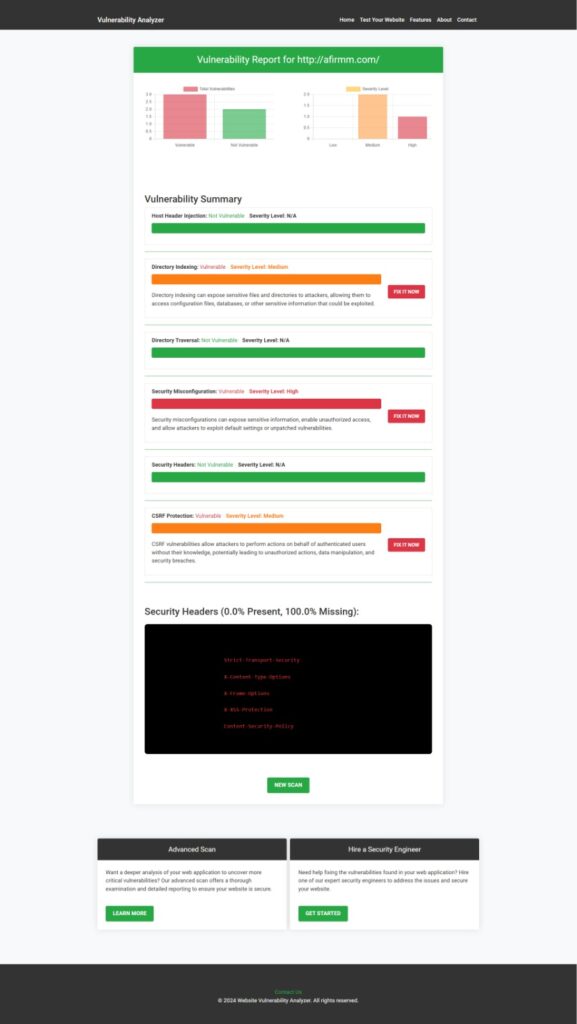5 Proven Strategies to Prevent HTTP Parameter Pollution in OpenCart
Understanding HTTP Parameter Pollution in OpenCart
HTTP Parameter Pollution (HPP) is a web vulnerability that arises when multiple HTTP parameters with the same name are sent in a single request. In OpenCart, this can lead to unexpected behaviours, security vulnerabilities, and potential exploitation by malicious actors. Understanding and mitigating HPP is crucial for maintaining the integrity and security of your OpenCart store.

How HTTP Parameter Pollution Occurs
HPP occurs when an application processes multiple parameters with the same name in an HTTP request. For example, consider the following URL:
https://example.com/index.php?route=product/search&filter_name=apple&filter_name=bananaIn this case, the filter_name parameter appears twice with different values. Depending on how OpenCart handles such scenarios, this could lead to:
- First Parameter Wins: The application uses the first occurrence (
apple). - Last Parameter Wins: The application uses the last occurrence (
banana). - Parameter Concatenation: The application concatenates both values (
apple,banana).
If not properly managed, HPP can be exploited to bypass input validation, execute unauthorized actions, or manipulate application behaviour.
Potential Risks of HTTP Parameter Pollution in OpenCart
Exploiting HPP in OpenCart can lead to several security issues:
- Authentication Bypass: Attackers may manipulate parameters to bypass authentication mechanisms.
- Access Control Violations: Unauthorized access to restricted areas or data.
- Application Logic Manipulation: Altering the intended flow of the application, leading to unexpected behaviours.
- Cross-Site Scripting (XSS): Injecting malicious scripts by exploiting parameter handling.
5 Proven Strategies to Prevent HTTP Parameter Pollution in OpenCart
To safeguard your OpenCart store from HPP vulnerabilities, consider implementing the following strategies:
1. Implement Strict Input Validation
Ensure that your application validates all incoming parameters, allowing only expected parameters with acceptable values. This prevents malicious or duplicate parameters from being processed.
Example in PHP:
<?php
// Define allowed parameters
$allowed_params = ['filter_name', 'category_id', 'sort', 'order'];
// Iterate over GET parameters
foreach ($_GET as $key => $value) {
if (in_array($key, $allowed_params)) {
// Process the parameter
// Example: sanitize and assign to a variable
$sanitized_value = htmlspecialchars($value, ENT_QUOTES, 'UTF-8');
// Use $sanitized_value as needed
} else {
// Handle unexpected parameter
// Example: log the attempt or ignore the parameter
}
}
?>In this example, only parameters defined in $allowed_params are processed, and each value is sanitized to prevent injection attacks.
2. Normalize Parameter Handling
Configure your application to handle multiple parameters with the same name consistently. Decide whether the application should accept only the first occurrence, the last, or concatenate them, and implement this logic uniformly.
Example in PHP (Last Parameter Wins):
<?php
// Initialize an array to store unique parameters
$unique_params = [];
// Iterate over GET parameters
foreach ($_GET as $key => $value) {
// Overwrite the value for each occurrence of the parameter
$unique_params[$key] = $value;
}
// Now, $unique_params contains only the last occurrence of each parameter
?>By normalizing parameter handling, you reduce the risk of unexpected behaviors due to HPP.
3. Utilize Framework Security Features
Leverage OpenCart’s built-in security features or those provided by the underlying framework to manage parameter inputs effectively. This includes using functions or methods designed to handle input sanitization and validation.
Example in OpenCart:
OpenCart utilizes a front controller to handle requests. Ensure that your controllers are designed to process only the expected parameters:
<?php
class ControllerProductSearch extends Controller {
public function index() {
// Load necessary models and libraries
// Retrieve and sanitize expected parameters
$filter_name = isset($this->request->get['filter_name']) ? htmlspecialchars($this->request->get['filter_name'], ENT_QUOTES, 'UTF-8') : '';
$category_id = isset($this->request->get['category_id']) ? (int)$this->request->get['category_id'] : 0;
// Proceed with business logic using sanitized parameters
}
}
?>By explicitly retrieving and sanitizing expected parameters, you minimize the risk of HPP.
4. Employ Web Application Firewalls (WAF)
A WAF can help detect and block malicious requests that attempt to exploit HPP vulnerabilities. Configure your WAF to identify and mitigate requests with suspicious parameter patterns.
Example Configuration:
Many WAFs allow you to define rules that inspect incoming requests. For instance, you can create a rule that blocks requests containing multiple parameters with the same name:
if request contains duplicate parameters {
block request;
}Refer to your WAF’s documentation for specific implementation details.
5. Regular Security Audits and Testing
Conduct periodic security assessments, including code reviews and penetration testing, to identify and address potential HPP vulnerabilities.
Using our website vulnerability scanner, you can perform an instant security audit of your OpenCart store. Below is a screenshot of the tool’s interface:

After scanning your site for a website security test, you’ll receive a detailed vulnerability assessment report, helping you pinpoint security weaknesses. Here’s an example report:

Further Reading on OpenCart Security
For more security measures related to OpenCart, check out these valuable resources:
- Subdomain Takeover in OpenCart
- Prevent LDAP Injection in OpenCart
- Fix Weak SSL/TLS Configuration in OpenCart
- CORS Misconfigurations in OpenCart
- Prevent Buffer Overflow in TypeScript
- Explore More Cybersecurity Topics
By following these strategies, you can effectively prevent HTTP Parameter Pollution in OpenCart and protect your store from security threats. 🚀

